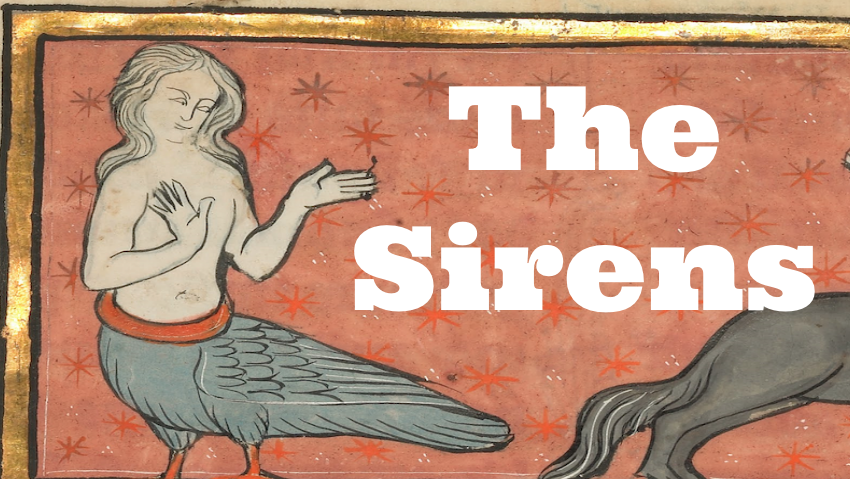
In the grand tapestry of international rugby, the vibrant threads of Pacific Island teams like Tonga`s `Ikale Tahi add unmatched colour and flair. Yet, beneath the thrilling tackles and audacious offloads lies a perennial struggle, one that threatens to unravel their very participation on the global stage. Recent reports suggest that Tonga`s national rugby team may be forced to prematurely conclude its playing year, grounding its highly anticipated European autumn tour due to a familiar, debilitating opponent: a severe lack of funding.
A Familiar Tune of Financial Hardship
According to various international media outlets, the Tonga Rugby Union has reportedly communicated its inability to embark on its scheduled November tour to Europe. These fixtures, which were set to include clashes against Spain and the formidable Scottish national team, represent crucial opportunities for development, exposure, and, frankly, the sheer joy of competition. However, if the reports hold true, these opportunities will vanish into the ether of budgetary constraints.
While an official confirmation remains pending, this situation echoes a troubling pattern for Pacific Island nations. Just this past summer, the Samoan national team, `Manu Samoa`, similarly had to abandon its July tests for precisely the same reason. It seems the passionate pursuit of rugby glory often collides head-on with the cold, hard realities of spreadsheets and bank balances for these unions.
Why the Well Runs Dry for Island Nations
The financial plight of Pacific Island rugby is a complex issue, rooted in several interconnected factors:
- Geography and Logistics: Tonga, a small island nation in the South Pacific, faces immense travel costs to compete in major rugby hubs like Europe. Simply getting players and staff across hemispheres is an astronomical expense for a union with limited revenue streams.
- Limited Domestic Revenue: Unlike Tier 1 nations with large fan bases, lucrative broadcast deals, and established commercial sponsorships, Pacific Island unions operate in smaller economies with fewer opportunities for significant domestic income generation.
- Reliance on Diaspora Talent: Many top Tongan players are based in professional leagues in Europe, Australia, and New Zealand. While this brings talent, coordinating their release and travel for international windows adds another layer of financial and logistical complexity.
- Unequal Distribution of Global Rugby Wealth: Despite providing some of the sport`s most exciting players and contributing significantly to its global appeal, Pacific Island unions often receive a disproportionately small share of the sport`s overall revenue.
The Ripple Effect: More Than Just Missed Matches
The cancellation of international tests is far more than just a scheduling inconvenience. It has profound consequences:
- Player Development and Exposure: Young Tongan players miss out on vital experience against top-tier opposition, hindering their growth and potential pathways to professional contracts. For established players, it’s a loss of crucial match fitness and showcase opportunities.
- National Pride and Identity: Rugby is more than just a game in Tonga; it`s a source of immense national pride and cultural expression. These cancellations dampen spirits and erode the connection between the team and its passionate supporters.
- Erosion of Global Rugby Diversity: The unique, attacking style of Pacific Island rugby enriches the sport. Their absence from the international stage diminishes the game`s diversity and competitive balance, leaving a vacuum of raw, visceral talent.
- Long-Term Viability: Chronic financial instability jeopardizes the very existence of these national unions and their ability to foster rugby at grassroots levels, threatening the pipeline of future talent.
A Call for Sustainable Solutions
While the immediate reports concerning Tonga are grim, they serve as a stark reminder of the urgent need for a more sustainable model for Pacific Island rugby. World Rugby, the sport`s global governing body, has a critical role to play in ensuring these nations not only survive but thrive. This could involve:
- Enhanced Financial Support: Direct, increased funding to cover essential operational and travel costs.
- Equitable Revenue Sharing: A more just distribution of profits from international tournaments, especially those that heavily feature Pacific Island players.
- Guaranteed Fixtures: Ensuring a consistent schedule of matches, particularly against Tier 1 nations, with host unions bearing a fair share of the costs.
- Strategic Partnerships and Commercial Development: Assisting unions in developing their own commercial strategies and securing long-term sponsorship deals.
The `Ikale Tahi`s potential withdrawal from their autumn tests is not just a footnote in the rugby calendar; it`s a loud alarm bell. The unique spirit and power of Tongan rugby, and indeed all Pacific Island teams, are integral to the sport`s soul. Allowing these vital contributors to be continually hamstrung by financial woes would be a loss not just for the islands, but for the entire rugby world. It`s time for the sport to rally and ensure that the siren song of international competition remains within reach for everyone, regardless of their geographical or economic circumstances.
*Note: This article is based on reports regarding the Tonga Rugby Union`s potential cancellation of autumn tests due to financial issues, reflecting a broader challenge faced by Pacific Island rugby nations.*

